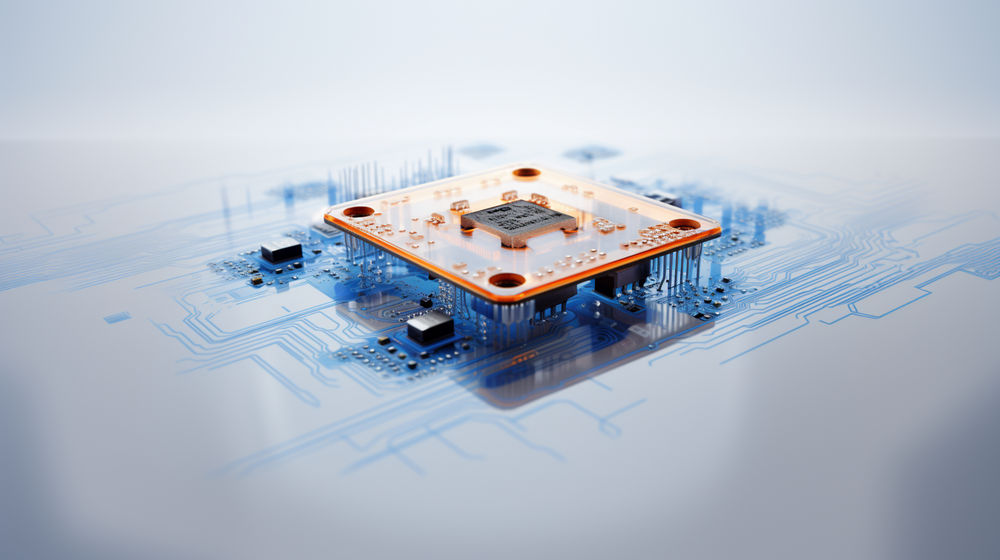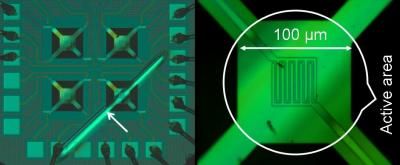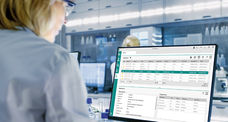ABB focuses research and development to drive growth
Advertisement
ABB, the global power and automation technology group, said today that it is streamlining its research and development to focus on technologies that increase productivity and sustainability for utility and industry customers, especially growth areas linked to its broad initiative called industrial information technology, patented as Industrial IT. At a technology day for specialist media, held at an ABB Group R&D laboratory in Dättwil, Switzerland, ABB president and CEO Jörgen Centerman and chief technology officer Markus Bayegan outlined the company’s new research and development strategy. "Our business is focused on helping utilities and industry enhance their productivity and sustainability through power and automation technologies. Our research and development efforts must closely reflect that focus", Centerman said. "With Industrial IT, we are developing a common architecture allowing customers to link our generic and branch-specific offerings, and third-party products, into more efficient manufacturing and business operations. This is an ambitious effort, which is key to our future." Bayegan said the new R&D strategy entails shifting some research resources in the ABB Group R&D laboratories from mature technologies into Industrial IT and emerging technologies, such as wireless communications in industrial plants, industrial software developments and advanced sensors - aiming to make ABB’s traditional and mature products Industrial IT-compatible.
“As a part of this process, we are creating four global virtual laboratories; Industrial Processes and Automation, Power Technologies, Engineering and Manufacturing Technologies and Oil and Gas Technologies," said Bayegan. "This means linking our researchers up with one another, universities we collaborate with and partner organizations in a fully networked, online environment. It’s a natural step in today’s more open world, with IT providing for efficient communications between researchers and collaborators."
ABB spent around 3 percent of revenues, or US$ 700 million, on R&D in the year 2000. Some 6,000 scientists and technology specialists work in ABB Group R&D laboratories and divisional R&D centers around the world. In Europe, the shift in focus is coupled with a decrease from 760 to 550 scientists in Group R&D labs. In the United States and Asia, Group R&D staffing will grow from 25 to 100 scientists in the new technology areas. This means a net decrease of 135 scientists in Group R&D centers. Industrial IT is ABB’s architecture for ensuring that the products, installations and software systems in a factory or an electrical utility grid - to take two examples - are built to a shared information standard, and can communicate as integral parts in an operational platform that allows online optimization in real time. Industrial IT-enabled products range from high- and low-voltage electrical equipment to motors, drives, and sophisticated operations management systems in plants.
Other news from the department science
These products might interest you
Most read news
More news from our other portals
See the theme worlds for related content
Topic world Sensor technology
Sensor technology has revolutionized the chemical industry by providing accurate, timely and reliable data across a wide range of processes. From monitoring critical parameters in production lines to early detection of potential malfunctions or hazards, sensors are the silent sentinels that ensure quality, efficiency and safety.

Topic world Sensor technology
Sensor technology has revolutionized the chemical industry by providing accurate, timely and reliable data across a wide range of processes. From monitoring critical parameters in production lines to early detection of potential malfunctions or hazards, sensors are the silent sentinels that ensure quality, efficiency and safety.































































